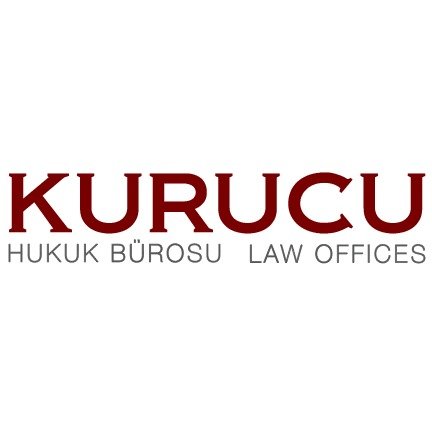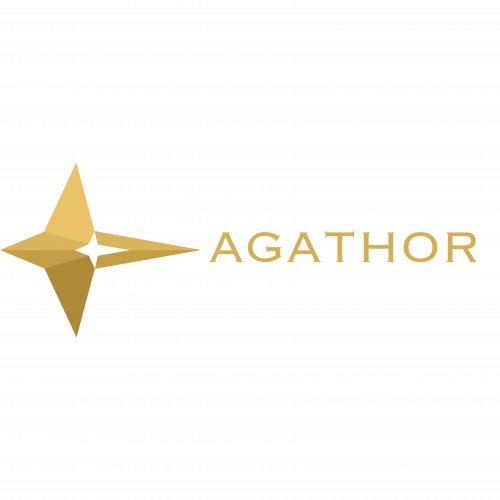Best Oil, Gas & Energy Lawyers in Ankara
Share your needs with us, get contacted by law firms.
Free. Takes 2 min.
List of the best lawyers in Ankara, Turkey
About Oil, Gas & Energy Law in Ankara, Turkey
The energy sector in Turkey, particularly in Ankara, is integral to the country's economy. As the capital, Ankara is a focal point for policy-making and regulatory bodies overseeing the oil, gas, and broader energy industries. Turkey's strategic geographical location as a bridge between Europe and Asia makes it an essential energy corridor, hosting an extensive array of pipelines and energy infrastructure. In recent years, Turkey has emerged as a regional energy hub, increasing the importance of legal frameworks surrounding oil, gas, and renewable energy sources. The legal landscape in Ankara is continuously evolving, accommodating both traditional fossil fuels and burgeoning renewable energy sectors.
Why You May Need a Lawyer
Individuals and companies may find themselves in various situations necessitating legal expertise in oil, gas, and energy. These include:
- Negotiating and drafting contracts for exploration, production, or distribution of energy resources.
- Understanding regulatory compliance issues related to environmental laws and sustainability mandates.
- Resolving disputes arising from land use, leasing agreements, or royalty disagreements.
- Navigating mergers, acquisitions, or joint ventures within the energy sector.
- Handling tax implications and incentives specifically associated with energy projects.
- Advising on local content requirements, government tender processes, and public-private partnerships.
Local Laws Overview
Turkish law governing the oil, gas, and energy sectors is extensive and includes a mix of national and international regulations. Key aspects include:
- Licensing and Permits: The General Directorate of Mining and Petroleum Affairs (MAPEG) oversees the licensing for exploration and production activities. Obtaining the appropriate permits is crucial.
- Environmental Regulations: Companies must adhere to strict environmental guidelines to ensure minimal ecological impact, as stipulated by Turkish environmental legislation.
- Energy Market Regulation: The Energy Market Regulatory Authority (EMRA) regulates the electricity, natural gas, and petroleum markets, focusing on promoting competition and ensuring supply security.
- Foreign Investment Laws: Turkey supports foreign investments in the energy sector but with certain restrictions and guidelines, including mandatory joint ventures in specific scenarios.
Frequently Asked Questions
What is the process for obtaining an oil exploration license in Turkey?
Obtaining a license involves submitting an application to MAPEG, which includes detailed technical and financial information about the applicant and the scope of the exploration project.
Are there specific requirements for foreign companies investing in Turkish energy sectors?
Yes, while Turkey encourages foreign investments, there might be specific joint venture mandates or local shareholder requirements in strategic subsectors.
What types of renewable energy projects are favorable in Ankara?
Favorable renewable projects include solar, wind, and geothermal energy due to Ankara's diverse climate and the government's incentives for clean energy.
How are energy disputes typically resolved in Ankara?
Energy disputes may be resolved through arbitration, litigation, or negotiation, depending on the contract stipulations and the parties involved. Arbitration is often preferred for its speed and confidentiality.
What environmental regulations must energy companies follow?
Companies must adhere to regulations that cover emissions, waste management, and pollution control, as per the Environmental Law No. 2872 and related legislation.
What incentives does the Turkish government provide for energy projects?
The government offers tax incentives, grants, and favorable loan conditions to encourage investments, especially in renewables and underdeveloped regions.
Can individuals participate in renewable energy production?
Yes, individuals can invest in small-scale solar and wind projects, benefiting from net metering and feed-in tariffs for excess energy supplied to the grid.
How complicated is the regulatory environment for starting an energy business?
The regulatory environment is detailed and complex, requiring rigorous compliance with national and local laws; thus, legal guidance is often recommended for entrepreneurs.
What is EMRA and what role does it play?
EMRA, the Energy Market Regulatory Authority, is responsible for ensuring a competitive and sustainable energy market, overseeing pricing, and enforcing regulatory compliance.
Is there a focus on transitioning from fossil fuels to renewables in Ankara?
Yes, Turkey is actively pursuing its commitment to enhance renewable energy capacity and efficiency, with policy initiatives aimed at reducing reliance on fossil fuels.
Additional Resources
Here are some valuable resources and organizations for those seeking legal advice in energy:
- Energy Market Regulatory Authority (EMRA): The body governing energy regulations and licensing.
- General Directorate of Mining and Petroleum Affairs (MAPEG): Responsible for the oversight of mining and petroleum licensing.
- Ministry of Energy and Natural Resources: Offers guidance and updates on energy policy and strategy.
- Turkish Renewable Energy Association: Provides insights and advocacy support for renewable energy projects.
Next Steps
If you require legal assistance in oil, gas, or energy in Ankara, consider the following steps:
- Conduct preliminary research on local laws and regulatory requirements specific to your area of interest or concern.
- Prepare detailed documentation related to your energy project or issue, including contracts, licenses, and correspondence.
- Seek a consultation with a specialized legal professional or law firm experienced in Turkey's energy sector.
- Reach out to relevant governmental or industry organizations to gather additional insights and support.
- Ensure continuous compliance with local laws and regulations by maintaining open communication with legal advisors.
Lawzana helps you find the best lawyers and law firms in Ankara through a curated and pre-screened list of qualified legal professionals. Our platform offers rankings and detailed profiles of attorneys and law firms, allowing you to compare based on practice areas, including Oil, Gas & Energy, experience, and client feedback.
Each profile includes a description of the firm's areas of practice, client reviews, team members and partners, year of establishment, spoken languages, office locations, contact information, social media presence, and any published articles or resources. Most firms on our platform speak English and are experienced in both local and international legal matters.
Get a quote from top-rated law firms in Ankara, Turkey — quickly, securely, and without unnecessary hassle.
Disclaimer:
The information provided on this page is for general informational purposes only and does not constitute legal advice. While we strive to ensure the accuracy and relevance of the content, legal information may change over time, and interpretations of the law can vary. You should always consult with a qualified legal professional for advice specific to your situation.
We disclaim all liability for actions taken or not taken based on the content of this page. If you believe any information is incorrect or outdated, please contact us, and we will review and update it where appropriate.














